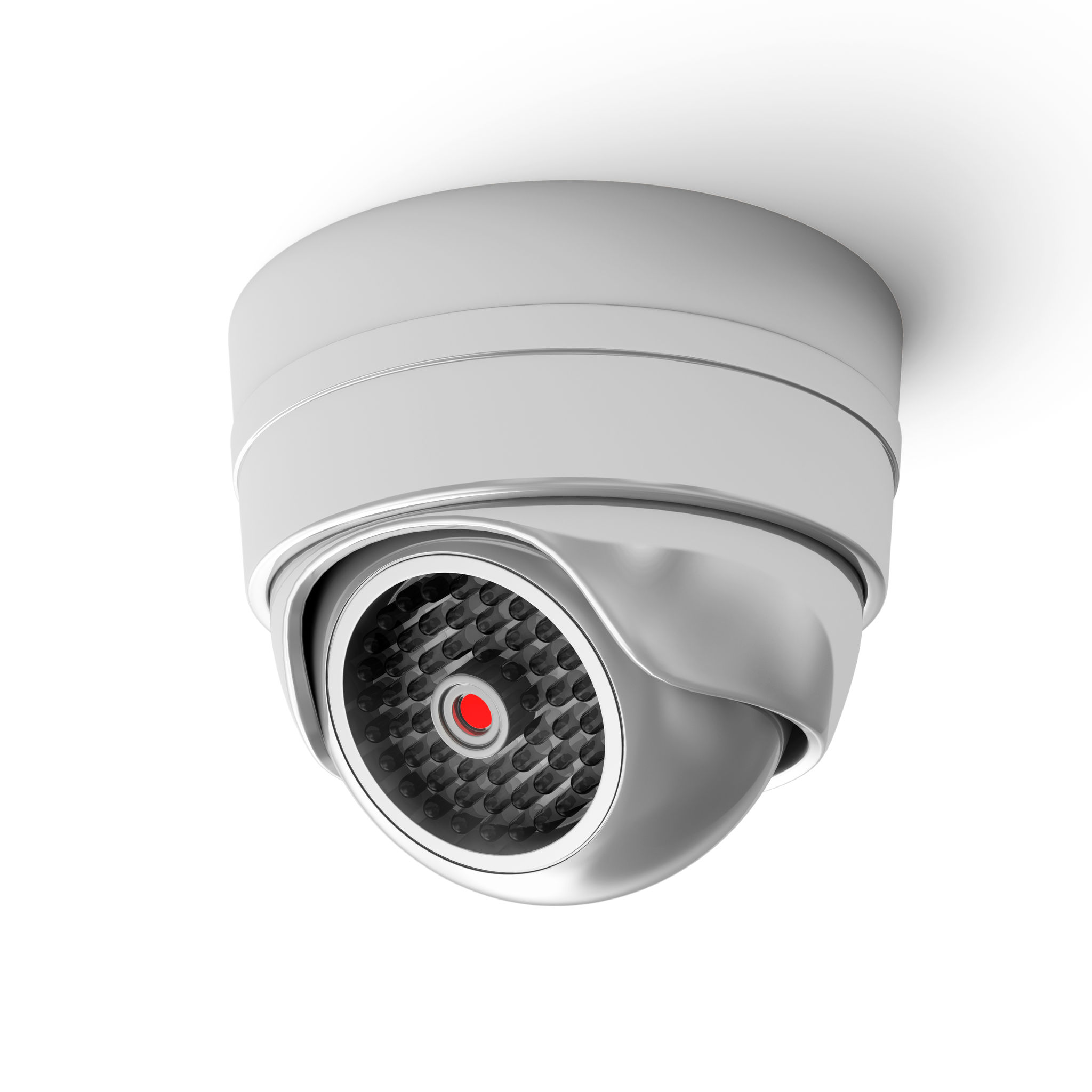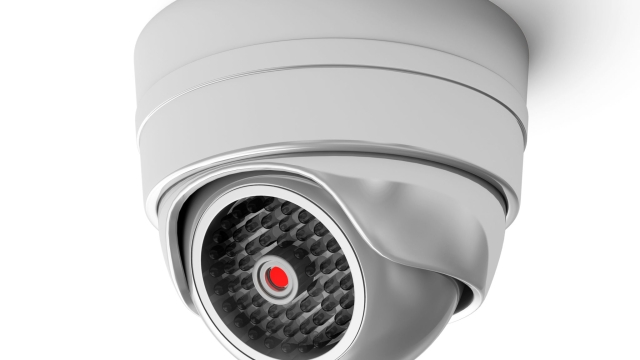
In an age where safety is a paramount concern for individuals and communities alike, security cameras have emerged as powerful tools that redefine our understanding of protection. With the ability to monitor and record activities in real-time, these devices offer a sense of security that was once the realm of science fiction. Whether in homes, businesses, or public spaces, security cameras have become an integral part of our daily lives, acting as vigilant observers that deter crime and provide invaluable evidence when incidents occur.
As urban landscapes evolve and technology advances, the presence of security cameras reflects a growing commitment to safety. They foster a culture of awareness, allowing us to live our lives with greater confidence. From preventing burglaries to enhancing emergency response times, the benefits of security cameras extend far beyond mere surveillance. In this article, we will explore how these devices are reshaping our perception of safety and why more people are embracing them as essential components of modern security solutions.
The Evolution of Security Cameras
The journey of security cameras began in the mid-twentieth century when the first closed-circuit television (CCTV) systems were developed. Initially, these systems were bulky and expensive, primarily used for monitoring high-security areas like banks and government buildings. The technology was pioneering for its time, allowing security personnel to keep a watchful eye on their surroundings from a centralized location. However, the limited accessibility and high costs kept these systems out of reach for most businesses and residences.
With advancements in technology, especially the transition from analog to digital systems, security cameras have become more accessible and versatile. The introduction of IP cameras in the 1990s revolutionized surveillance by enabling remote viewing and control via the internet. This significant leap allowed users to monitor their properties in real-time from anywhere in the world, making security camera systems much more user-friendly. As the technology continued to evolve, features such as motion detection, night vision, and cloud storage became standard in consumer security cameras.
In recent years, the integration of artificial intelligence and smart technology has further transformed the landscape of security cameras. Modern cameras now come equipped with facial recognition, behavior analysis, and automated alerts, enhancing their effectiveness in preventing incidents. The proliferation of smart home devices has also seen security cameras being integrated with home automation systems, allowing for seamless control and monitoring. Today, security cameras have not only become essential tools for safety but also a key component in the growing smart living ecosystem.
Impact on Crime Prevention
Security Camera Installation
The presence of security cameras has been shown to deter criminal activity significantly. When potential offenders know they are being monitored, the likelihood of committing a crime drops. Studies have demonstrated that areas equipped with security cameras experience a substantial decrease in vandalism, theft, and other criminal behaviors. This proactive approach to safety creates an environment where individuals feel more secure, leading to increased community trust and involvement.
Security cameras also play a crucial role in assisting law enforcement agencies during investigations. When a crime does occur, video footage can provide pivotal evidence that helps identify suspects and reconstruct events leading up to the incident. This evidence not only aids in solving cases more efficiently but also serves as a deterrent for would-be criminals who understand that their actions are being recorded. The accessibility of recorded data strengthens the overall impact of surveillance on crime reduction.
Moreover, the integration of advanced technologies, such as artificial intelligence, enhances the effectiveness of security cameras. Features like facial recognition and motion detection enable real-time alerts and responses, further preventing potential crimes. Communities that adopt such technologies often report heightened safety levels, reinforcing the belief that security cameras are an essential tool in modern crime prevention strategies.
Privacy Concerns and Ethical Implications
As security cameras become more prevalent in public and private spaces, concerns about privacy are increasingly being raised. The constant monitoring that these devices provide can lead individuals to feel as though their actions are perpetually under scrutiny. This sense of being watched may deter some people from expressing themselves freely or engaging in everyday activities, ultimately impacting public behavior and the way communities interact. The balance between enhancing safety and preserving an individual’s right to privacy is a growing concern that society must address.
Furthermore, the potential for misuse of security camera footage raises significant ethical issues. There is the risk of data being accessed without consent, used for purposes beyond security, or exploited by ill-intentioned entities. Situations where footage could be used to invade privacy, such as monitoring personal interactions or tracking individuals without their knowledge, present a challenge to the ethical application of these technologies. This highlights the need for robust policies and regulations governing the use of security cameras to protect individuals from unwarranted surveillance.
The deployment of security cameras also invites discussions about consent and community norms. Establishing clear guidelines on where and how cameras should be installed is essential to ensure that the use of surveillance technology aligns with community values. Engaging with the community in these discussions can foster a sense of trust and transparency, which is crucial for pacifying privacy concerns while also reaping the safety benefits that security cameras offer. Ultimately, it is vital to create a framework that not only enhances security but also respects and upholds the principles of personal privacy.
